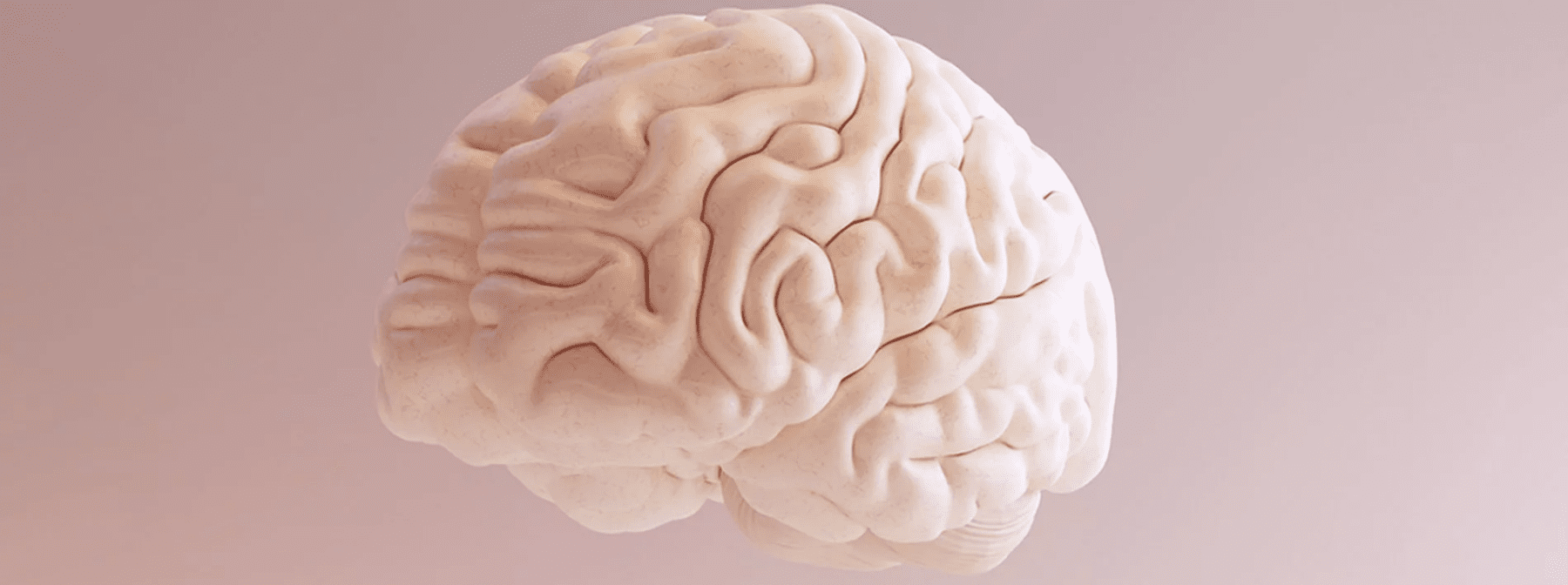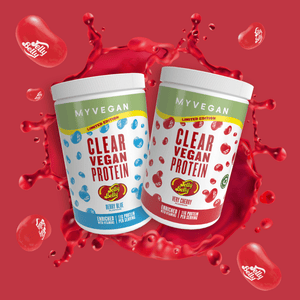
Our brains are remarkable; they control every single function that takes place within the body, including sleep, hormone production, movement and even recognition of pain. The brain is also responsible for thought processes (cognition), dreams, and memories. Optimising brain health is essential for everyone, not just for students or high-flyers. Let’s explore the components needed for ‘good’ brain health.
1. A good sleep routine
The brain uses sleep as a time for healing and repair. During sleep, the brain has a chance to sift through all the information that has been encountered during the day, consolidate it, and then store it appropriately. Lack of sleep means this information sifting process is less efficient, which can make it more difficult to remember things or get to grips with difficult information. Furthermore, research suggests that people that sleep for less than six hours a night were more likely to develop degenerative diseases such as Alzheimer’s disease. It is generally recommended to aim for at least 7 hours of sleep per night.

2. Inclusion of omega-3’s/DHA
Docosahexaenoic acid (or DHA for short) is an omega-3 fatty acid that makes up almost half of the fatty acids present in the brain. DHA is essential for cognitive function, and low levels may have a negative impact on memory and other learning processes. Unfortunately, DHA can’t be synthesised by the body – this means the only source of DHA is via dietary intake. In pescatarians and omnivores, DHA would typically come from oily fish and eggs. For plant-based eaters, a dietary supplement is usually recommended to maintain DHA levels.
Myvegan Omega-3 supplement is based on algae, an excellent plant-based source of omega-3s, including DHA:
3. Give your brain a workout
The phrase ‘use it or lose it’ is particularly relevant when it comes to brain function. Each day, thousands of new brain cells are created, and these go on to form connections called neural pathways. Pathways are built by learning new skills or practicing old ones – anything that involves some effort to carry out. If a cell or pathway is not used, it is likely to be destroyed as it is deemed as not useful. Regularly challenging yourself for just 15 minutes a day can help to maintain neural pathways and good brain health.
4. Move your body
Exercise is well known for improving physical health, but did you know it can also improve brain health? Firstly, regular exercise can help to improve neuroplasticity (the building of cell pathways and connections) and also help to reduce the death of cells and associated pathways. This can lead to improved cognitive function, especially memory recall. Secondly, getting the heart rate up can increase blood flow to the brain. This allows for an increased oxygen supply to the brain and is also likely to switch on receptors in the brain that are responsible for happy hormones. So not only does exercise have a positive impact on brain functioning, but also on mood and wellbeing.
Make sure to properly refuel after a strenuous exercise session with a meal or a snack containing protein, to aid muscle repair. For an on-the-go option, try any of these options here.

Key takeaways
In summary, good sleep hygiene, proper supplementation, regular brain training, and a workout plan; all of these play a role in maintaining a healthy brain. Activities such as meditation practice, regular social interaction, and even just getting outside for a walk - all have scientific backing when it comes to improving brain health. It’s a good idea to play around with combinations to establish what works best for you.










